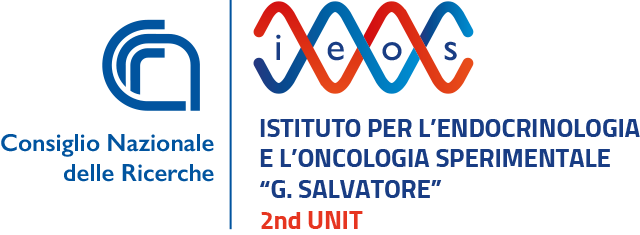Adhesion-dependent organelle regulation. Insights from the Golgi - Prof. Nagaraj Balasubramanian, Indian Institute of Science Education and Research, Pune, India
Abstract: Integrin-mediated adhesion regulates membrane trafficking to control anchorage-dependent signaling and growth that is deregulated in anchorage independent cancers. Cell organelles like the Golgi and mitochondria are vital regulators of cellular function. In mouse fibroblasts, loss of adhesion triggers a rapid and reversible disorganisation of the Golgi. The differential activation of Arf1 by Arf GEF, GBF1, causes the trans-Golgi to disperse more prominently than cis-Golgi along the microtubule network. This is dependent on the Arf1 mediated differential recruitment of microtubule motor protein, affecting microtubule acetylation and cell surface glycosylation. Using nonadherent cells as a tool we further define how find the kinetics of Arf1 inactivation is vital to the regulation of Golgi organisation and function. My talk will discuss these observations, what they have told us about how the Golgi is regulated and the implications this could have in anchorage-independent cancers.
Biography: A cell-biologist by training, NB graduated from the University of Mumbai (Bombay) with a bachelors and masters degrees in Microbiology. He worked in the Cancer Research Institute (now ACTREC) at the Tata Memorial Center for his PhD in Biochemistry. He took a break from cancer biology to do a postdoc in mammalian phototransduction at the University of Miami, only to return to cell and cancer biology focusing on cell adhesion and trafficking as a postdoc first and then as a Research Assistant Professor in the lab of Dr. Martin Schwartz at the University of Virginia. He moved to IISER, Pune to start his lab in 2010. His research interests include understanding how cell adhesion regulates trafficking and its implications in cell migration and anchorage dependence.



